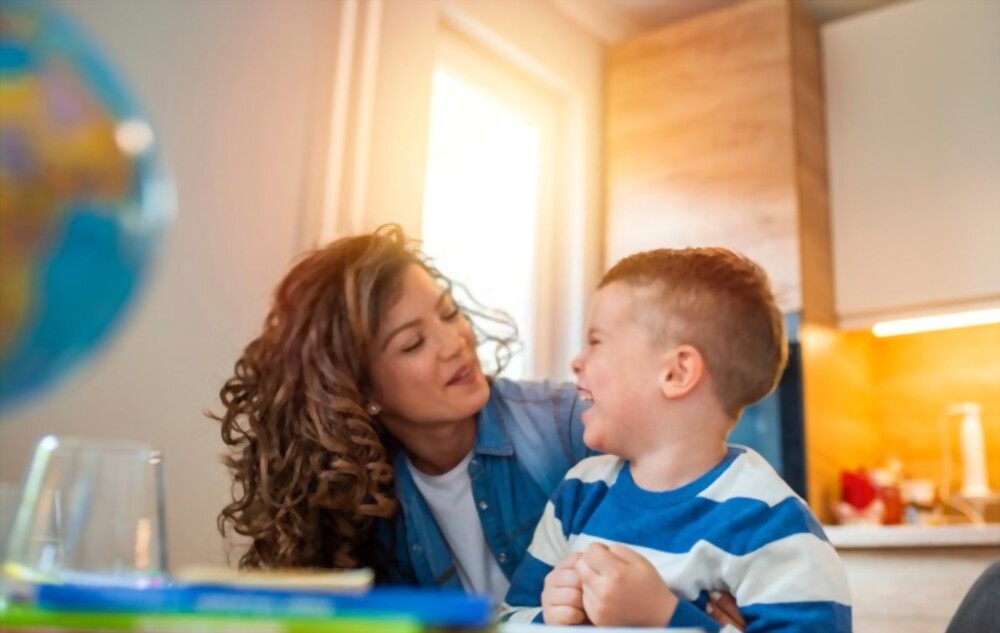

One of the most important life skills learned in childhood is the concept of emotional regulation. In a nutshell, this means the ability to experience a wide range of emotions in a variety of settings in an appropriate way. How can we teach kids this important skill? Certainly, experts are available to provide therapy for your child. In addition, a step-by-step guide is provided below. Following are the steps
Anger, sadness, fear, excitement. Feelings are something that we cannot control. However, we do have the ability to manage how we handle emotion. The first key to emotional regulation is emotional awareness. One must be able to understand and recognize the emotion prior to being able to handle the feeling well.
Parents can teach children about their emotions at a very early age by pointing out signs that children are feeling a certain way. For example, “Lilly, I see your fists clenching, your face getting red, and your voice raising. I think you are feeling angry.” To help children learn this even faster, label your own emotions as you feel them. Parents are the best models for their children on how to handle emotions. For example, a parent might say, “I feel angry when you don’t listen to my words”.
Once children have identified how to label their emotions, it is time for a family meeting to discuss how your family will manage emotions. Is it okay to slam a door? If not, what are appropriate ways to handle anger? Is it okay to scream into a pillow? Take a break in your room. Stomp your feet? Do some jumping jacks? The key is to identify 2-3 ways to handle anger appropriately in your home. Next time, when you see your child getting angry, remind them of the techniques that you discussed at the family meeting. Don’t forget to praise your child when they handled emotion well!
Barnemat Consulting provides counseling services for children. Parent coaching, play therapy, and consultation around high conflict divorce are other services offered. For more information on emotional regulation, how to handle challenging behavior at home or school, or to learn more about our services, contact us anytime.
